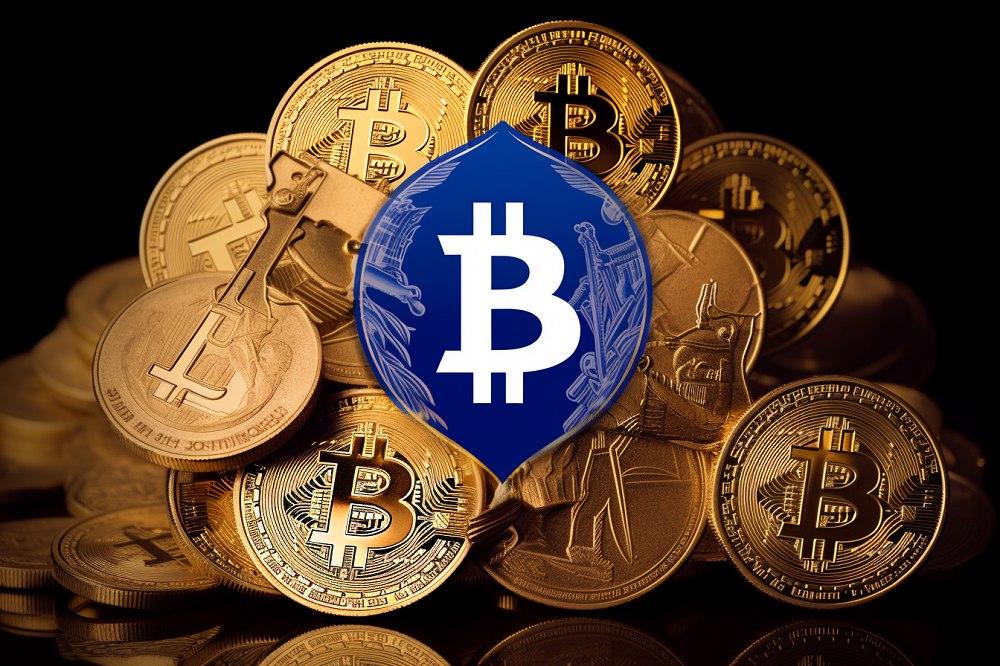Citizenship By Bitcoin
El Salvador recently introduced a citizenship-by-investment program as part of its digital economy expansion drive. The new initiative will allow 1,000 people to attain residency and citizenship status by investing $1 million in Bitcoin (BTC) or Tether (USDT) in the country.
However, El Salvador’s cost is significantly higher than neighboring Caribbean nations offering Bitcoin citizenship programs starting at $100,000. The country’s “Adopting El Salvador Freedom Visa Program,” announced jointly by El Salvador’s government in collaboration with the stablecoin issuer Tether, aims to grant citizenship to wealthy foreign investors.
To be eligible, participants must commit $1 million in Bitcoin or USDT investment with an additional $999 non-refundable deposit counting toward the total investment. El Salvador intends to push this innovative approach to using cryptocurrency investments to attract investors seeking citizenship and rebuild the country’s economy.
Expected Gains For El Salvador
El Salvador’s citizenship-by-investment program can generate up to $1 billion if fully subscribed. It will also transform it into a critical revenue stream comparable to other countries with similar initiatives.
Vanuatu, for example, earns millions of dollars annually from its citizenship-by-investment initiative. However, Alistair Milne, founder of Altana Digital Currency, believes El Salvador’s offering needs more global competitiveness.
He said citizenship in a European Union country could be obtained at a lower cost. According to data from investment migration consultancy Henley & Partners, Malta offers citizenship for a €750,000 ($810,000) investment, granting entry to the EU’s Schengen Zone, comprising 27 countries.
Furthermore, Caribbean countries surrounding El Salvador offer citizenship at significantly lower cost. Citizenship is granted by Antigua and Barbuda, Dominica, and St. Lucia in exchange for a $100,000 contribution to sovereign development funds.
Similar programs exist in the Island nations of Grenada, St. Kitts and Nevis, with contributions starting at $150,000 and $250,000, respectively.
El Salvador’s Pro-Bitcoin Policies
Despite the high costs of its citizenship-by-investment programs, the Central American country is an attractive market for crypto investors due to its pro-Bitcoin initiatives. President Nayib Bukele made headlines after he announced Bitcoin as a legal tender and provided tax breaks on income and capital gains for tech firms that invest in the country over the next 15 years.
Before resigning from the presidency to focus on his campaign, Bukele announced earlier this week that the country’s Bitcoin investments had increased by 2.84%, resulting in a $3.6 million profit. The government intends to keep its Bitcoin position and has no plans to sell, emphasizing a long-term strategy.
El Salvador’s Long-Term BTC Strategy
Bitcoin surpassed the $43K price level during the week, marking a 158% year-to-date gain. El Salvador’s former Finance Minister Alejandro Zelaya, who oversees the nation’s Bitcoin implementation, stated on X that this rally validates the government’s decisions to adopt Bitcoin as a legal tender.
Bukele, who is credited with drastically lowering crime rates by imprisoning numerous alleged gang members, is currently leading polls ahead of the February presidential election. If elected, he will serve a second five-year term beginning in June 2024.
Meanwhile, Bukele’s stance on holding Bitcoin as part of a long-term strategy is consistent with the country’s leadership vision to integrate cryptocurrencies into its economy. The Central Africa Republic is the only other nation to have followed El Salvador’s footsteps in adopting BTC as a legal tender.
